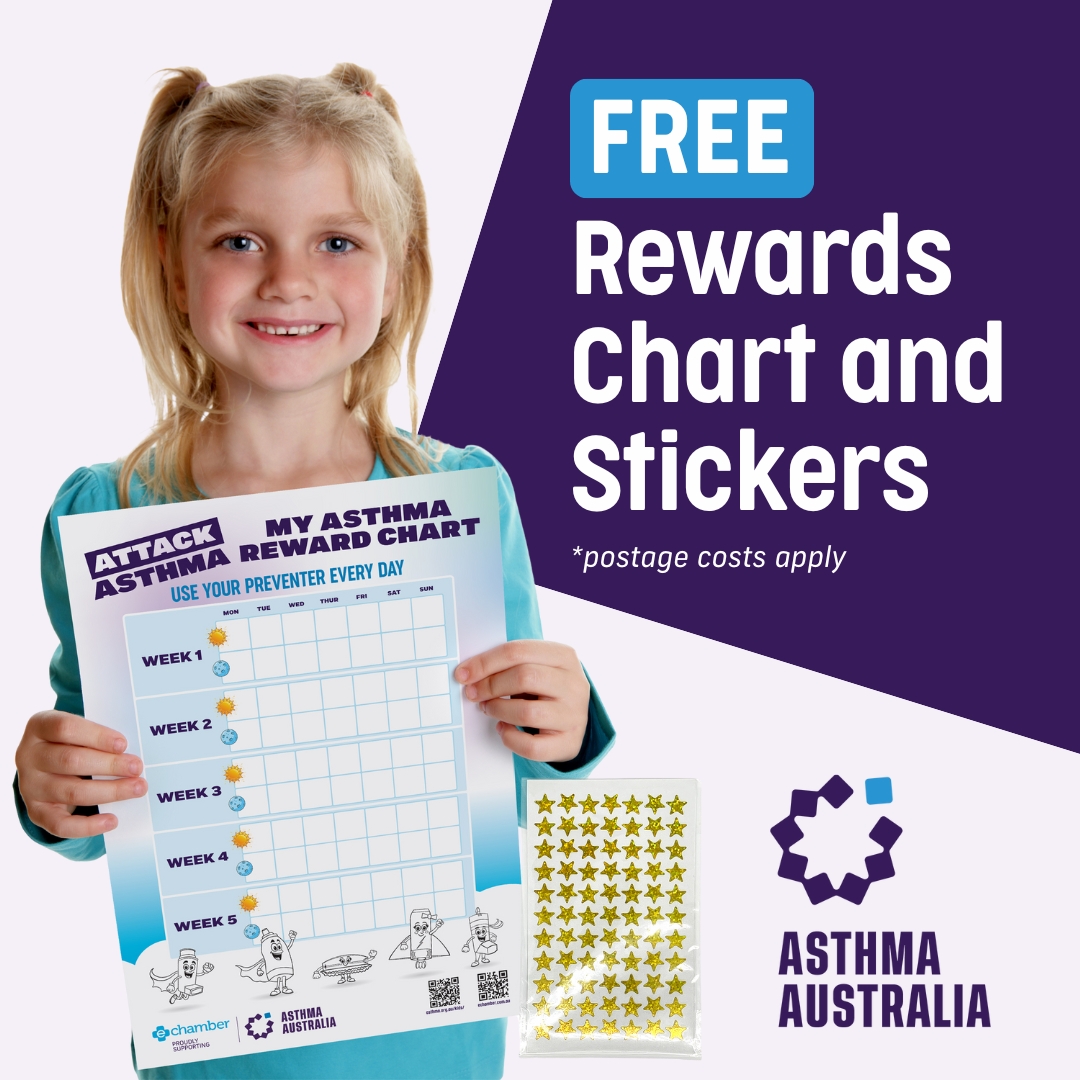| Wondering how to support someone with asthma? With nearly 2.8 million Australians affected, chances are you know someone living with the condition. Support starts with understanding. Show genuine interest, ask about their triggers and symptoms, and be open to adjusting your behaviour, like avoiding perfumes or smoking. Know what to do if someone gets symptomatic and offer emotional support; asthma can be lifelong and frightening. In workplaces, push for asthma-friendly policies and first aid awareness. Simply listening, learning, and showing you care can go a long way in helping someone feel safer, understood, and supported in managing their asthma. |
Nearly 2.8 million people in Australia have asthma – so the odds are that you live, work, study or play sport with a person who has asthma. The way you show support to them by accepting their asthma can play a big role in removing stigma they experience, especially in social or work settings.
This is how you can help:
1. Show you are interested in learning more
This will tell you if they are comfortable talking with you. For example: “I don’t have asthma myself, so I don’t really know what it’s like…?”
2. You may have to change some behaviours
Be open to this. Asthma is affected by things like perfume, smoke, dust and chemicals. You can ask: “What types of things set off your asthma? I’m asking because I want to make sure I avoid doing things that could make it worse.”
3. Ask about their symptoms
“How would I know if you’re having asthma?” Some people cough, others can appear breathless, some people wheeze – the symptoms may not be what you expect.
4. Know what to do
Practical help and knowing your role can be important. You can ask: “What should I do if your asthma is set off?”
5. Be there for them
Emotional support is crucial. Asthma is for life. Symptoms can be scary, especially if they have had a bad asthma experience. Others lose family members because of it. Never downplay this side of asthma. Show you care.
6. Make Asthma Safety a Priority at Work
Ensure your workplace is transparent about asthma in their leave policies and that Asthma First Aid is included in workplace health and safety. No one is too busy for an asthma medical emergency or to factor in asthma-safety, especially at work.
If this has brought up concerns for you or someone you know, don’t wait – just call:
- Lifeline on 13 11 14
- Beyond Blue on 1300 22 4636
- MensLine Australia on 1300 789 978
- 13Yarn on 13 92 76 to talk with an Aboriginal or Torres Strait Islander Crisis Supporter
Life is full of challenge and change, ups, and downs. It’s important to be aware of our mental wellbeing and the wellbeing of those around us.





 1800 278 462
1800 278 462



